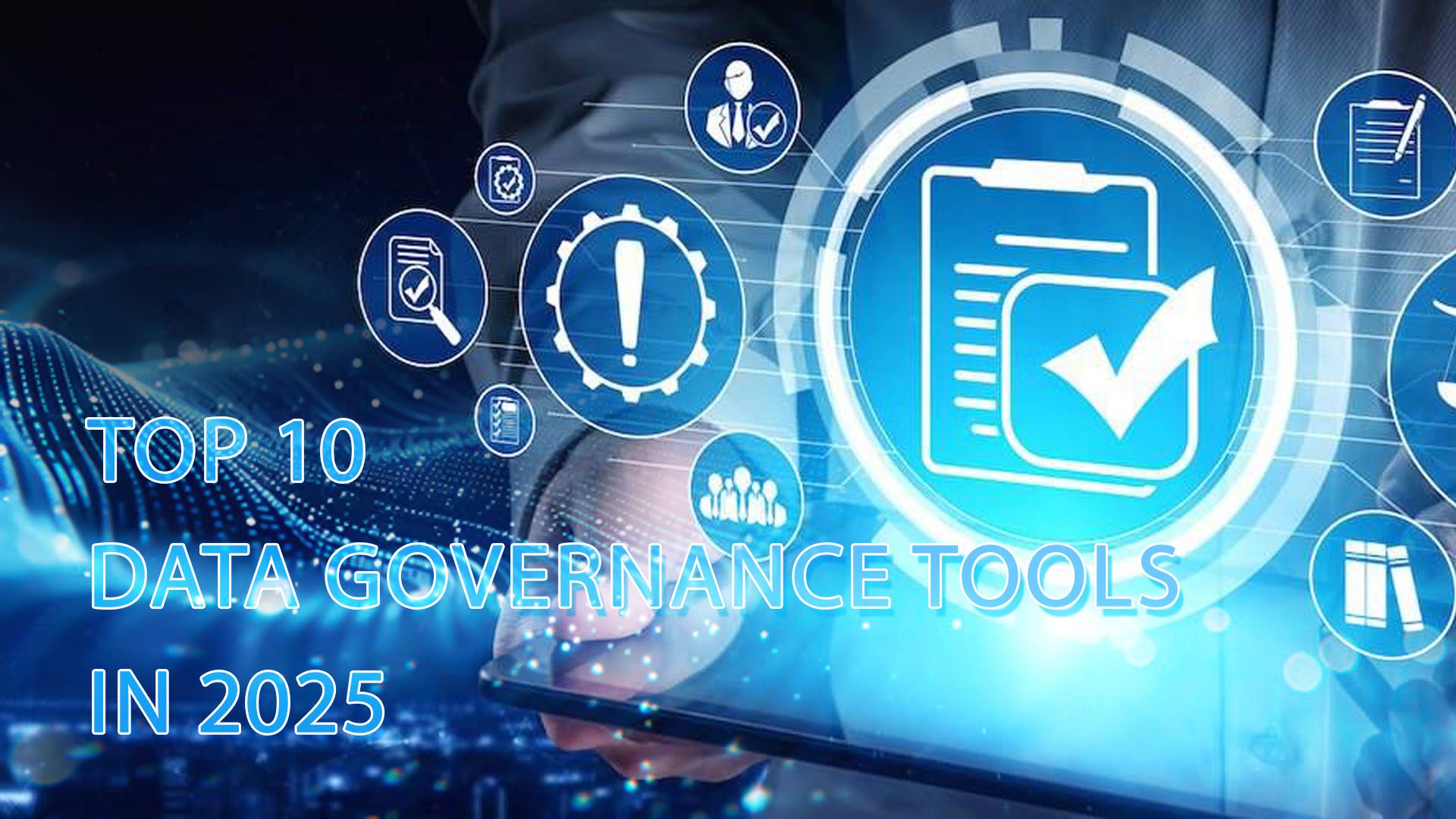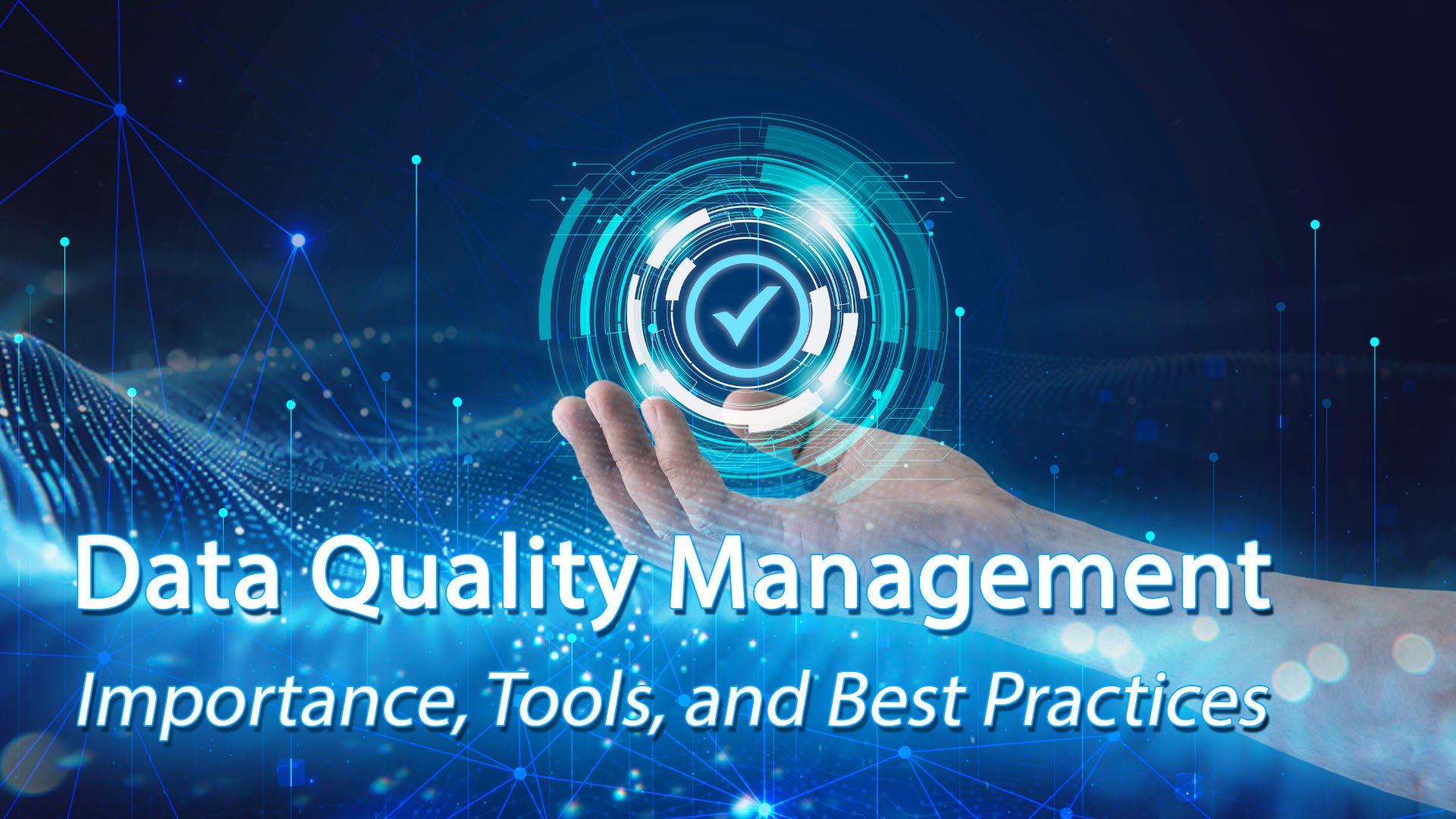Master data is the backbone of every business. In the digital context, the requirement for effective management of this data source is increasingly enhanced. It is necessary to ensure consistency, accuracy and reliability across the entire system, thereby creating a foundation for in-depth analysis and strategic decision making.
In this article, DIGI-TEXX will review in detail the top 9 master data management software, to help you make the most informed choice for your organization.
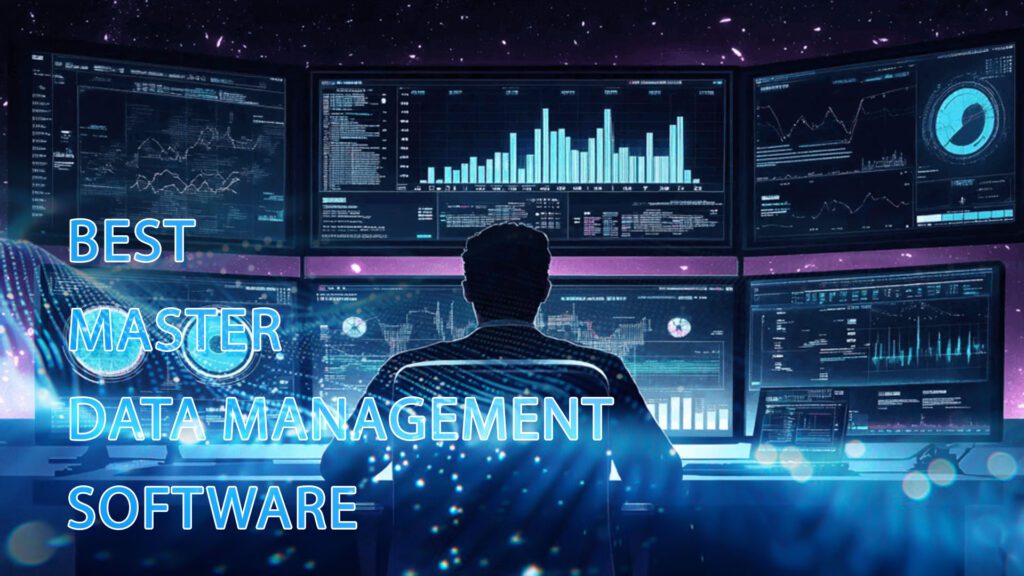
Informatica Intelligent Data Management Cloud
As many previous articles, when it comes to Informatica, everyone knows that it is one of the leading and long-standing names in the field of data management. Their Intelligent Data Management Cloud (IDMC) platform is a comprehensive solution, consolidating multiple services on a single cloud platform.
Differentiation & Highlights:
- Unified Platform: The platform supports a diverse set of tools including data integration, data quality management, data governance and MDM on the same platform.
- CLAIRE AI Technology: The toolkit can also leverage artificial intelligence to automate tasks such as data discovery, matching and management, helping to increase speed and accuracy.
- Multi-domain support: Effectively manage many different types of master data such as customers, products, suppliers on a single toolkit.
- Flexible connectivity: Provides a large connection library, including complex systems such as SAP.
Pros:
- Extremely comprehensive feature set and meets diverse needs.
- Good scalability, suitable for large enterprises.
- Leading data governance features.
Cons:
- Higher cost than many competitors.
- The implementation process can be complex and requires a high level of expertise.
- The learning curve is quite steep for new users as it requires a certain understanding of data.
Suitable for:
Large enterprises, multinational corporations with complex data ecosystems, requiring a comprehensive and highly scalable master data management software solution. Especially suitable for organizations that place a heavy emphasis on data governance and compliance.

Semarchy xDM
Semarchy xDM is known for its flexible and intelligent approach to master data management. The platform is designed to deliver quick results and help business teams become more involved in the data management process.
Differentiation & Highlights:
- Unique Platform: Integrates data governance, data quality and workflow into a single platform.
- Model-driven design: Helps developers and data analysts quickly create and deploy master data models.
- Intuitive user interface: Supports a friendly user experience, reducing IT dependency.
- Fast Time-to-Value: Flexible architecture enables faster deployment than traditional solutions.
Pros:
- Flexible deployment method, quickly delivering results.
- Allows business users to self-manage data.
- Costs may be more optimal for small and medium-sized businesses.
Cons:
- Customization may be limited for very specific needs.
- Costs may increase for large-scale projects.
- May not be suitable for micro-businesses with limited resources.
Suitable for:
Medium to large sized businesses looking for a flexible, easy to use and quick to deploy master data management tools solution. Particularly suitable for organizations that want to empower data management to business and sales departments.
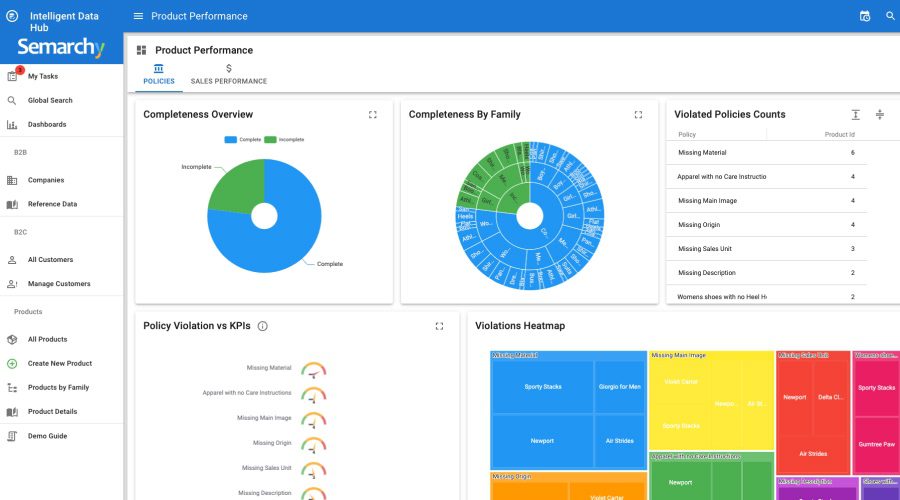
Stibo Systems MDM
Stibo Systems is known as a powerful tool in the field of multi-domain data management, especially suitable for product data management (PIM/MDM) and customer data management. The STEP platform of this toolkit is highly appreciated for its stability and ability to handle complex data systems.
Differentiation & Highlights:
- Deep expertise in PIM/MDM: The tool is extremely capable in managing product data for the retail and manufacturing industries.
- Data connectivity: Allows linking different data domains (customers, products, suppliers) to create a comprehensive picture of data.
- Modern user interface: The interface is designed based on Google Material Design, providing an intuitive and easy-to-use experience.
- Advanced workflow management: Provides powerful tools to create, manage and track data-related business processes.
Pros:
- Very powerful in managing product and customer data.
- Stable, reliable platform for mission-critical operations.
- Comprehensive multi-domain support.
Cons:
- Implementation and licensing costs can be high.
- Implementation can be time-consuming and requires the involvement of a consulting partner.
- May be too complex for businesses with simple MDM needs.
Suitable for:
Large businesses in retail, distribution, and manufacturing where product and customer data are central. Organizations that need a master data management software solution that is good enough to manage complex relationships across data domains.
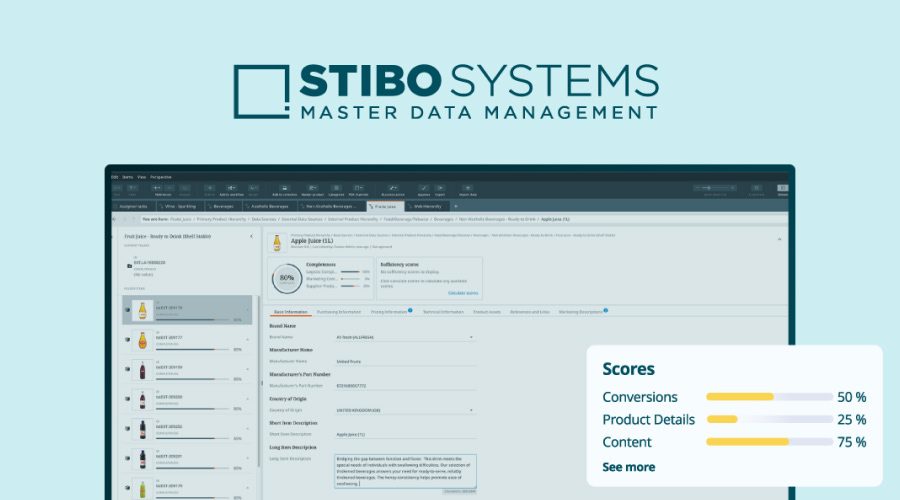
TIBCO EBX
TIBCO EBX (formerly Orchestra Networks) is an all-in-one MDM solution designed to manage, govern, and share all types of data assets. EBX features flexible modeling and collaborative data governance.
Differentiation & Highlights:
- All-in-One Solution: Supports MDM, Data Governance, and Reference Data Management in a single product.
- Flexible Modeling: Helps users design complex data models without coding.
- Collaborative Governance: Has workflows and interfaces designed to enable business and IT users to collaborate effectively on data management.
- Track and Audit: Records detailed data change history, supporting regulatory compliance.
Pros:
- Highly appreciated multi-domain management and data modeling capabilities.
- Empowering business users through self-service features.
- User-friendly and easy-to-configure user interface.
Cons:
- Deep customization can be time-consuming.
- Limited number of out-of-the-box integrations.
- Documentation could use some improvement.
Suitable for:
Organizations that need a single master data management tool to manage multiple types of data (master, reference, metadata). Suitable for businesses that want to build a collaborative data governance platform between IT and departments.
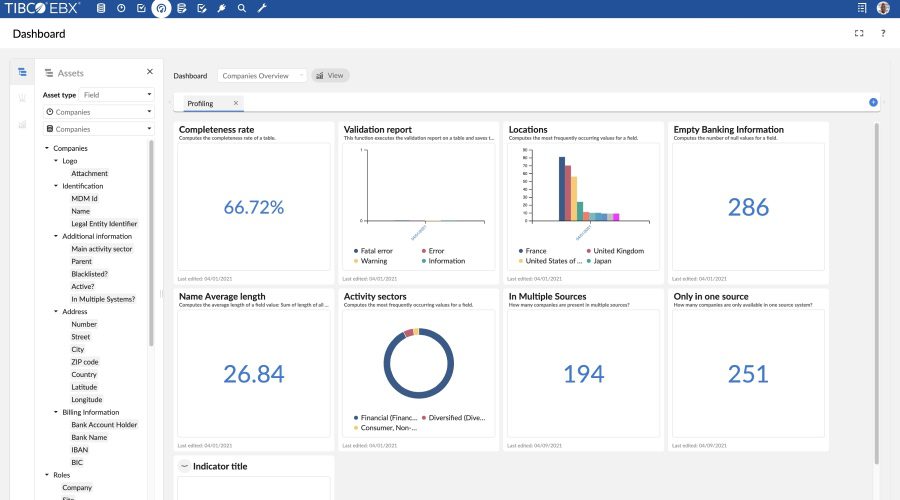
Profisee Platform
Known as a modern MDM platform, Profisee is built on Microsoft and is designed to be easy to use and deploy. It focuses on making MDM possible for businesses of all sizes.
Differentiation & Highlights:
- Ease of use: Intuitive interface designed for business users, no deep programming skills required.
- Deep integration with Microsoft: Native integration with Microsoft services such as Azure Data Factory, Power BI, and Purview, making it easy to deploy in the Microsoft ecosystem.
- Flexible Licensing Model: Offers an easy-to-understand pricing model, with no user or record limits, for better cost predictability.
- Fast Deployment: The architecture and pre-built applications (FastApps) help speed deployment and deliver value quickly.
Pros:
- Highly rated customer support.
- Easy to learn and use for end users.
- TCO is typically lower than larger competitors.
Cons:
- Customization capabilities for complex, global workflows may be limited.
- The cost of migrating to the Cloud may be a barrier for some existing customers.
- Some users may have difficulty troubleshooting integration issues.
Suitable for:
Mid- to large-sized businesses, especially those invested in the Microsoft ecosystem. This is one of the master data management tools that is relatively suitable for organizations that are implementing MDM for the first time or want a solution that is fully featured but not too complicated.
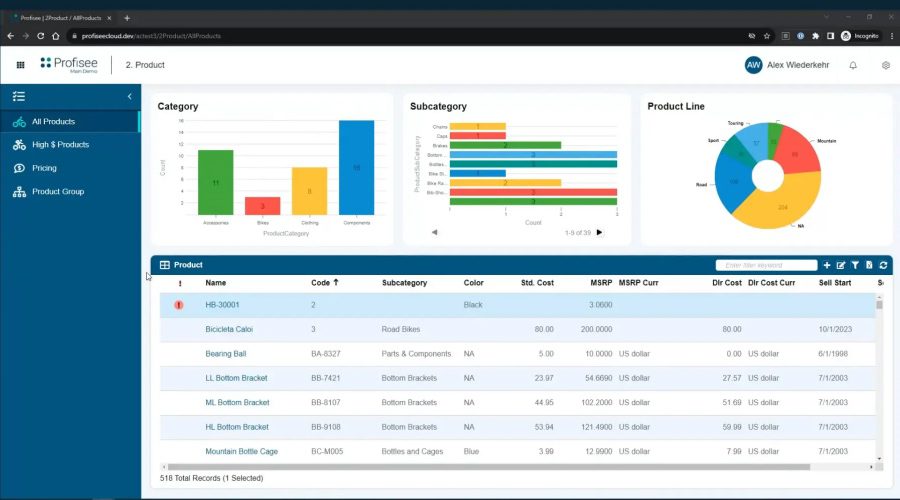
SAP Master Data Governance
SAP Master Data Governance (MDG) stands out as a master data management software designed to integrate seamlessly with the SAP ecosystem. This tool helps organizations manage and operate master data centrally right on the SAP S/4HANA platform.
Differentiation & Highlights:
- Pre-integrated with SAP: The tool supports deep and seamless integration with SAP ERP applications, helping data consistency between MDG and business processes.
- Centralized Governance: Helps centrally manage financial, supplier, customer, and material data.
- Pre-built Workflows: Pre-configured workflows are available to create, change, and mark for deletion of master data.
Pros:
- Perfect integration for companies using the SAP ecosystem.
- Stable data validation and workflow management capabilities.
- Reuses existing data models, rules, and logic in SAP.
Cons:
- Mainly suitable for organizations that already use SAP.
- Implementation and customization can be very complex and expensive.
- Support for non-core SAP data domains (like employees) is very limited.
Suitable for:
Large and very large enterprises that are deeply invested in the SAP ecosystem. This is the top choice for master data management software if the primary goal is to ensure consistency of master data in the SAP environment.
Ataccama ONE MDM
Ataccama ONE is known for being an AI-powered, automated data governance platform. Ataccama’s MDM solution is part of this unified platform, combining data quality, data catalog, and MDM into a single solution.
Differentiation & Highlights:
- AI Enhanced: Leverages AI to automate data discovery, profile analysis, and rule recommendations for data quality management.
- Model-driven architecture: Supports entity-based data processing, increasing performance and scalability.
- Integrated data quality management tools: Data cleansing, matching, and aggregation functions are tightly integrated into the MDM process.
- Data Lineage: Ability to visually track the origin and changes of data.
Pros:
- A true ‘all-in-one’ platform for data governance.
- Good automation capabilities reduce manual work costs.
- High performance data processing and matching.
Cons:
- The platform can be complex to master due to its many features.
- Cost can be a factor to consider for smaller businesses.
- Requires an initial investment of time to set up and configure.
Suitable for:
Data-driven organizations that need a comprehensive data governance platform, not just MDM. Suitable for businesses that want to automate their data management and quality assurance processes to the maximum.
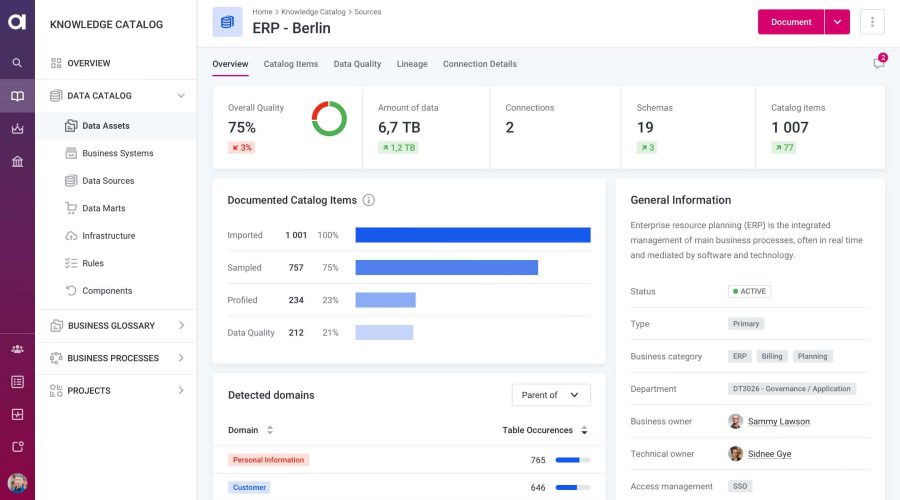
Pimcore
Referred to as a unique open source platform, Pimcore combines Product Information Management (PIM), MDM, Digital Asset Management (DAM), and eCommerce into a single platform.
Differentiation & Highlights:
- Open source: Flexible to customize and grow, free from vendor lock-in.
- Unified experience and data platform: Combines back-end data management with front-end customer experience management tools.
- Extremely flexible data model: Supports modeling any type of data and creating complex relationships between them.
- Product experience portal: Easily create portals to securely share product data with stakeholders.
Pros:
- Completely free for the community edition.
- Virtually limitless flexibility and customization.
- Unified solution for both data and digital experiences.
Cons:
- Requires a competent development team to implement and customize.
- Enterprise Edition with advanced features and support is paid.
- Support community may not be as responsive as paid support.
Suitable for:
Medium to large businesses with strong internal IT and development teams. Particularly suitable for retail and e-commerce industries that need a unified solution to manage both product data and customer experience.
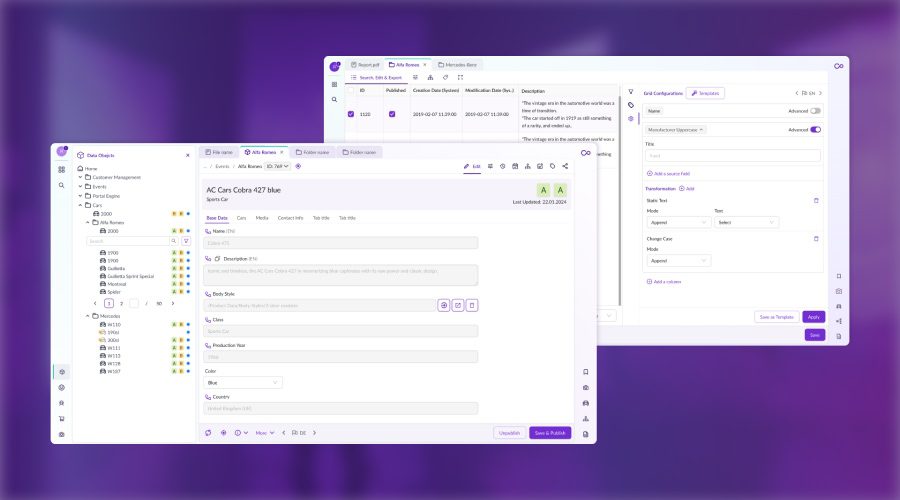
Contentserv MDM
Contentserv is a leading product experience management (PXM) platform that combines PIM, DAM, and MDM to help brands create compelling product experiences.
Differentiation & Highlights:
- Focus on product experience: The entire platform is built around the ultimate goal of delivering rich and consistent product information across all channels.
- Complete cloud solution: Built on a secure and scalable cloud architecture, reducing the infrastructure burden on IT.
- Process automation: Graphical workflow tools make it easy for business users to automate data management tasks.
- DAM integration: Digital asset management (images, videos) is tightly integrated with product data.
Pros:
- Very powerful in managing product information for omnichannel marketing and sales purposes.
- Enterprise-friendly interface.
- Easy to bring product information and digital assets into the system.
Cons:
- The software purchasing model can be complex due to the many small modules.
- MDM features for domains other than products (such as customers, suppliers) are not as robust as dedicated solutions.
- Initial deployment and configuration can be challenging.
Suitable for:
B2B and B2C businesses in manufacturing, retail, and distribution, where delivering rich and consistent product experiences is vital.
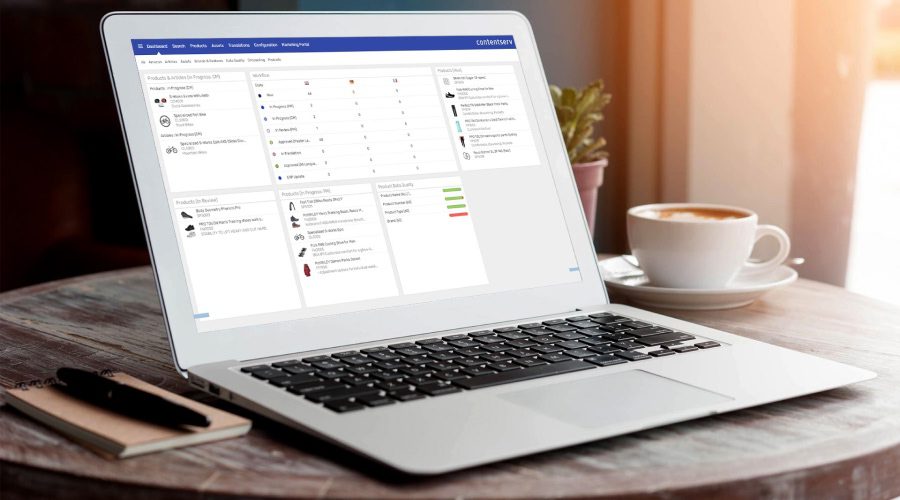
Conclusion
The market for master data management software is incredibly diverse, from comprehensive platforms for large enterprises to flexible solutions and open source platforms. The best software will depend entirely on your specific needs, size, budget, and existing technology ecosystem.
For further advice on selecting and implementing the right master data management solution for your business, contact the experts at DIGI-TEXX. We will help you orient and build a solid data foundation for the future.
=> Read more:
